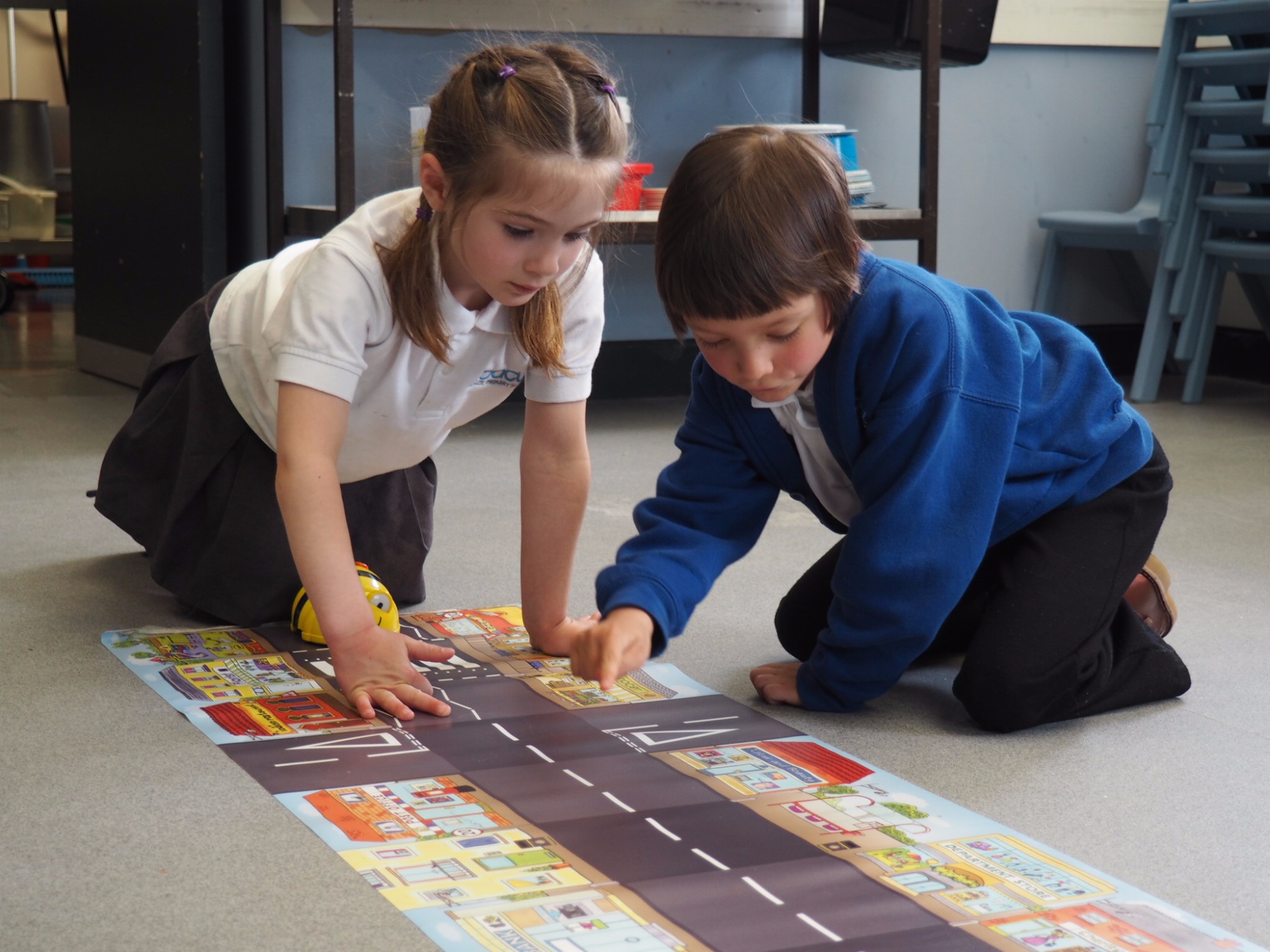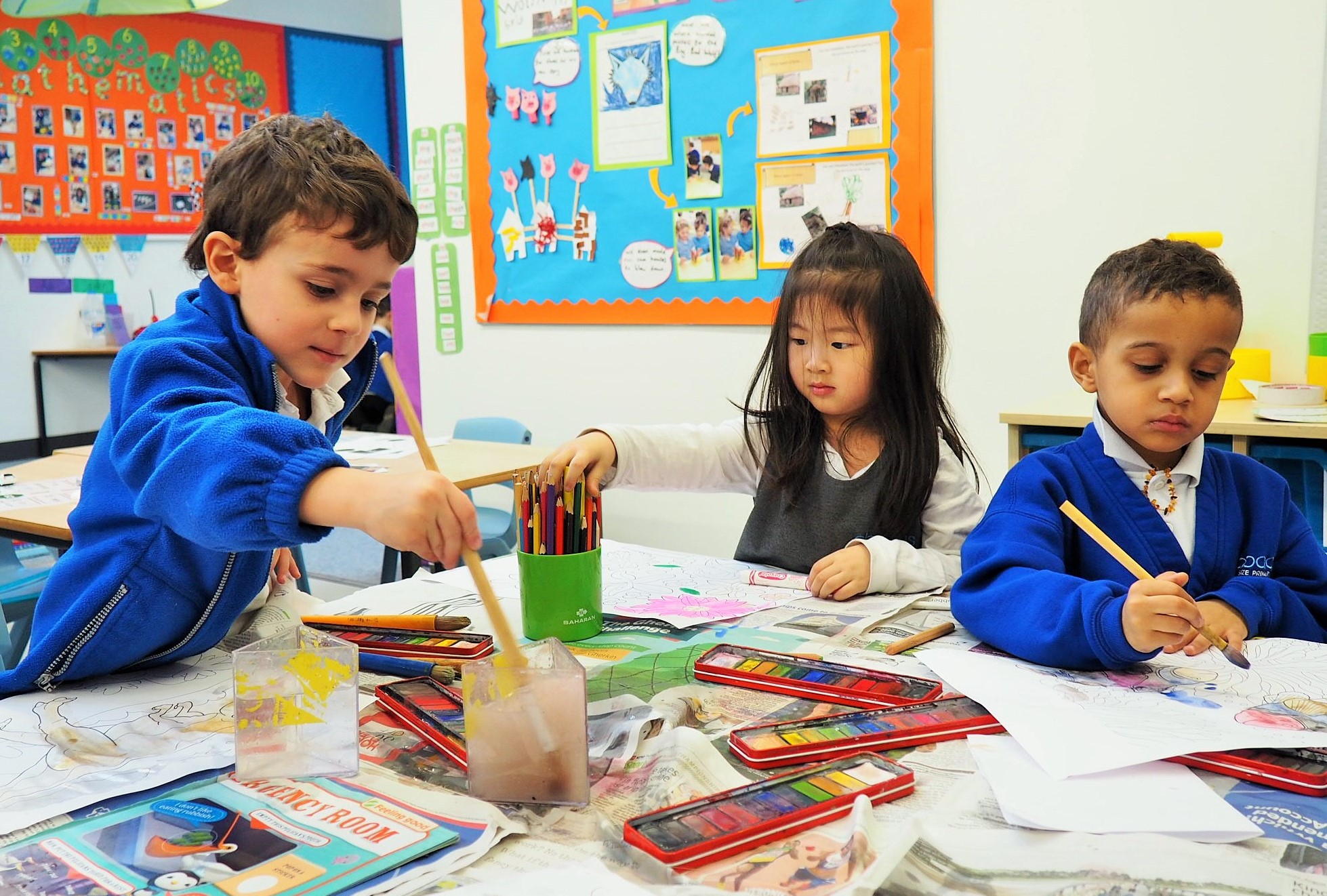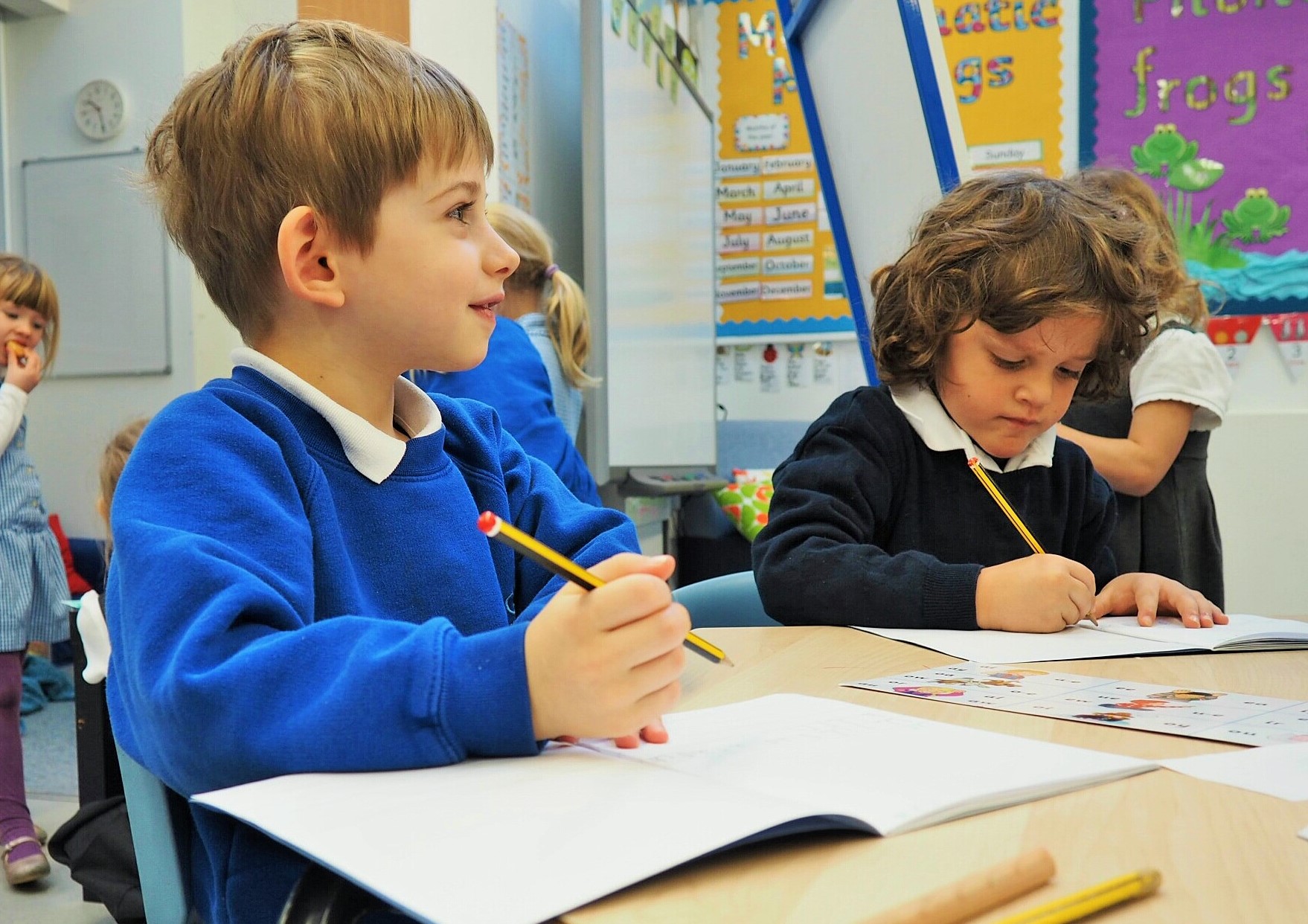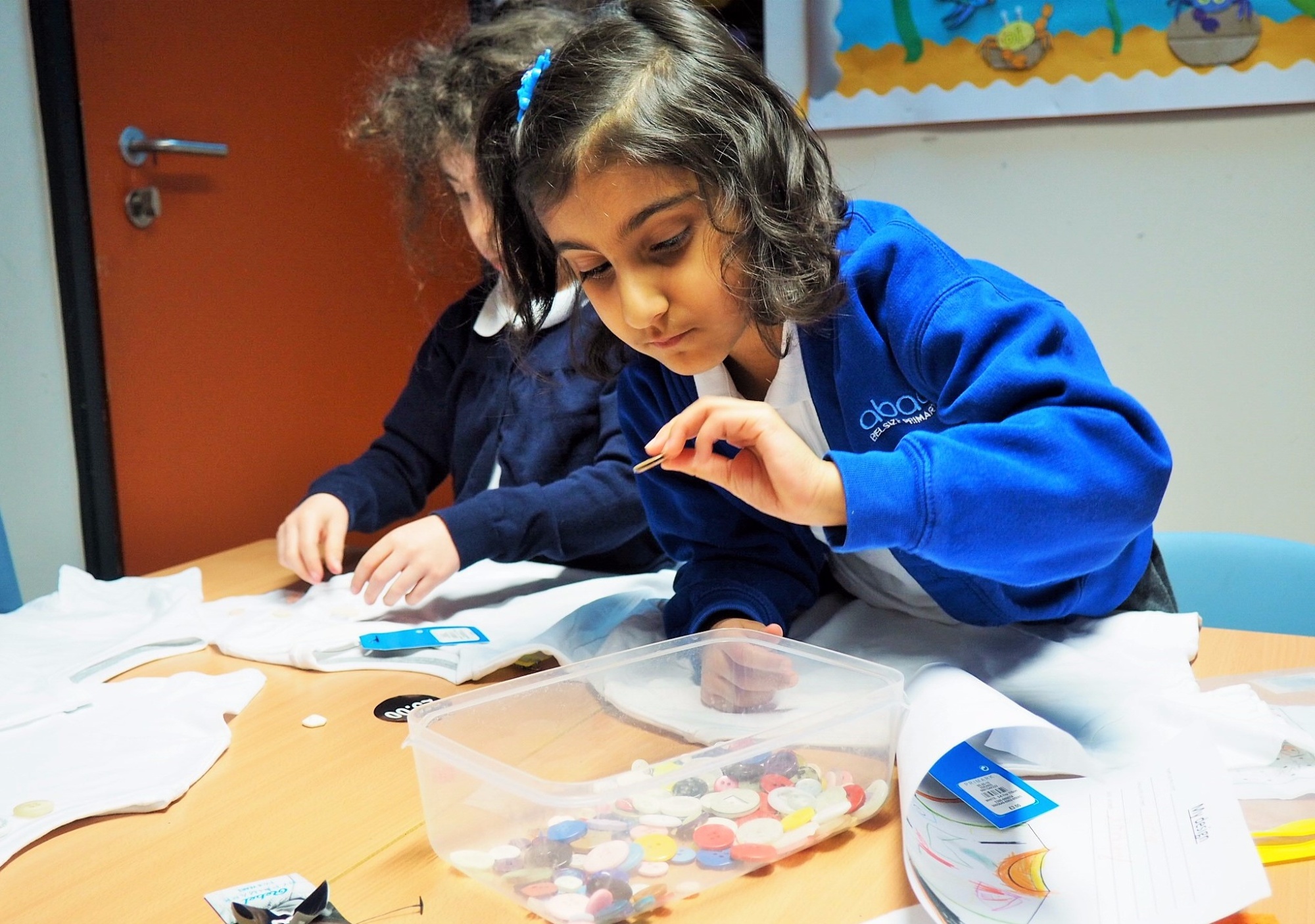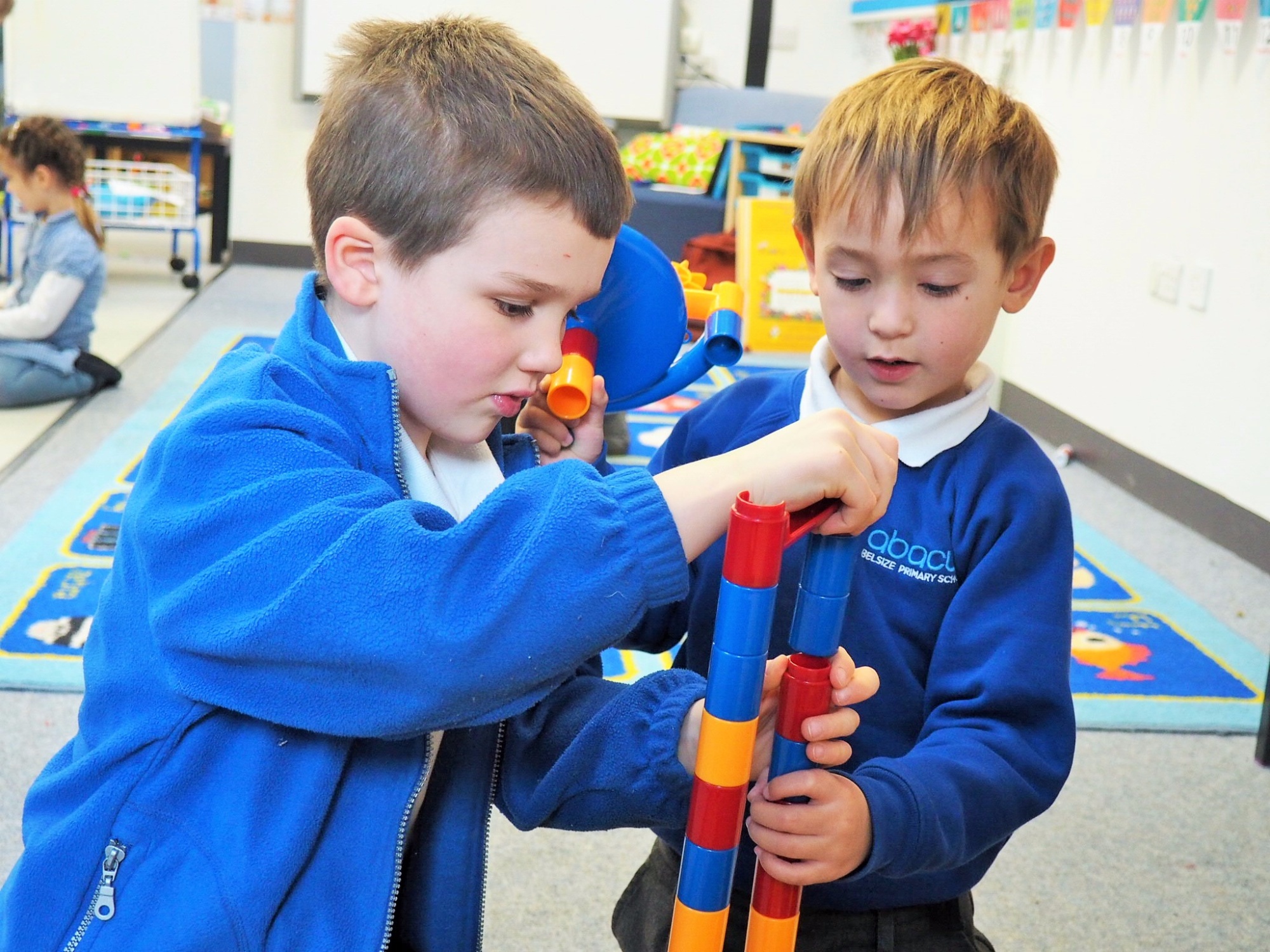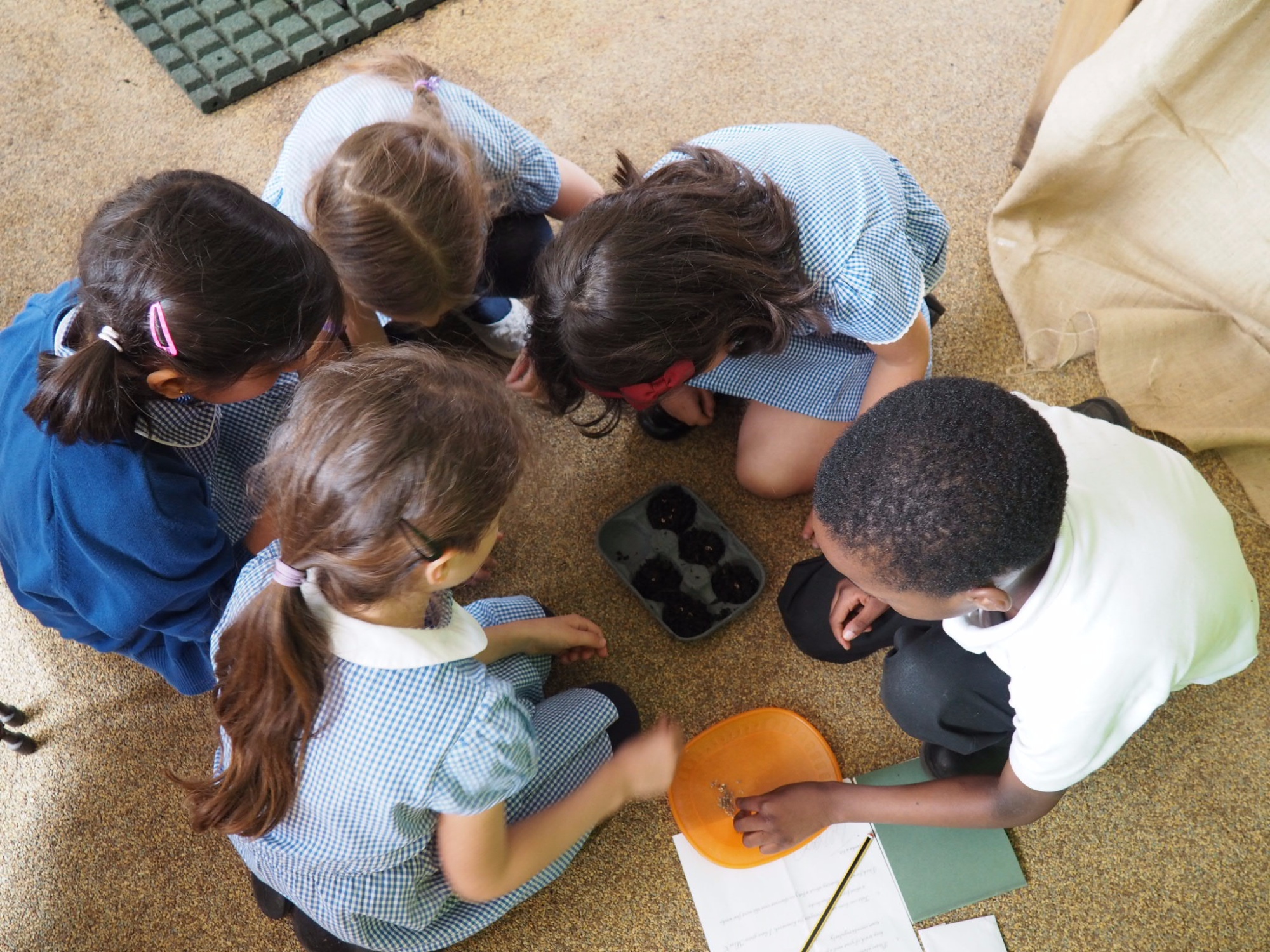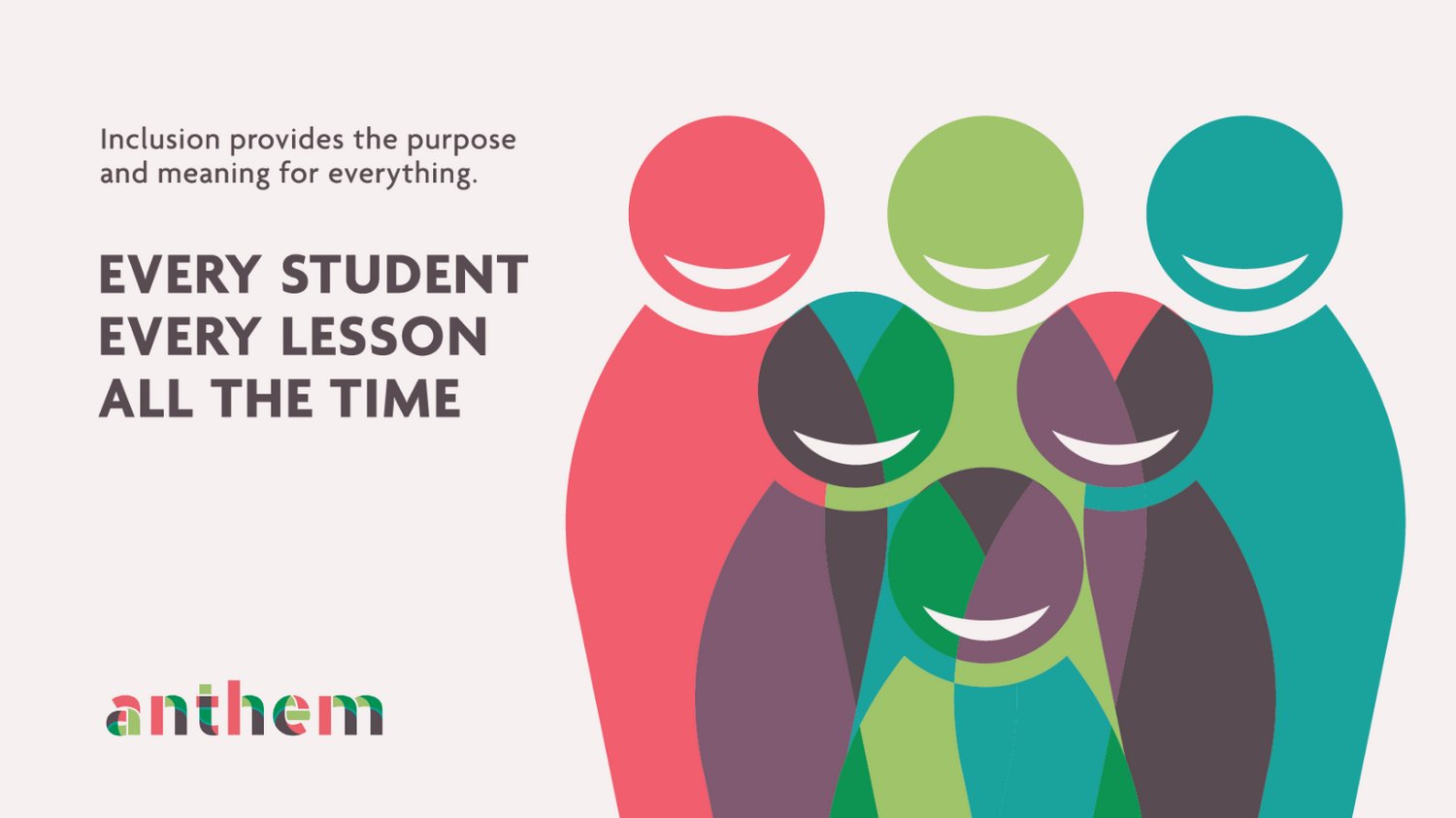Our Learning
How do we structure our curriculum?
We understand that a lack of fluency increases cognitive load, which can make learning more challenging and less accessible for pupils. As a result, our curriculum places a strong emphasis on developing fluency in the early years (EYFS) and Key Stage 1, laying the foundation for pupils to access a greater depth of learning in Key Stage 2.
Our curriculum is deliberately structured to ensure purposeful progression, with careful sequencing and planning designed to unlock future learning. Teacher decisions, supported by planning documentation, are central to this process. We ensure that pupils only move on when they are ready, with targeted support provided to close gaps and maintain momentum, reducing the need for later intervention. Our weekly timetable reflects our priorities: four days are dedicated to core subjects, while the wider curriculum is delivered in the afternoons and on Fridays by skilled teachers and an evolving subject leadership team, ensuring high-quality provision across all areas of learning.
In the EYFS, staff effectively identify children’s individual needs, particularly during the transition from nursery, drawing on insights from stay and play sessions and taking into account a wide range of prior experiences, including children with siblings, those who have not attended nursery, and those from overseas. The curriculum begins with a topic on dinosaurs, which successfully engages all children and supports early storytelling through a "story of the week" approach, fostering a love of reading and the development of vocabulary. There is a well-planned balance of independent learning, carpet sessions, and focus groups. During the first term, there is a strong emphasis on the prime areas of learning, with more formal instruction introduced gradually over time. Staff prioritise securing strong foundations in key areas such as phonics, letter and number formation, oracy, and nurturing children’s curiosity.
In Key Stage 1, there is a strong focus on securing mastery of fundamental knowledge and skills, ensuring that pupils acquire the essential building blocks required for future learning. Teaching prioritises core content, combining factual learning with opportunities for basic exploration through strategies such as "I see, I think, I wonder" and comparison activities. This approach supports the development of oracy skills, encouraging children to ask and answer questions with increasing confidence. Alongside academic learning, positive learning behaviours are nurtured; children are taught that learning is enjoyable, that hard work is valued at Abacus, and that collaboration and mutual support are key aspects of classroom life. Regular assessment of core knowledge ensures pupils are well-prepared for their next steps, with rapid progress supported by revisiting key concepts and embedding depth before breadth.
In Key Stage 2, pupils are encouraged to explore their existing knowledge, ask questions, and make meaningful links across subjects. A strong emphasis is placed on oracy, with structured discussions and opportunities to share ideas and evidence, supporting the development of deeper understanding. The curriculum is designed to promote a high level of mastery, enabling children to think critically, apply their learning in new contexts, and make wider connections across areas of study. Pupils are increasingly exposed to the "hinterland"—the rich contextual and background knowledge that enhances core learning—offering broader perspectives and deepening their conceptual understanding.
Enhancements and adaptations
Enhancements and adaptations are thoughtfully embedded throughout the curriculum to enrich pupils’ learning experiences. Educational visits and visitors play a key role in bringing the curriculum to life, with each half-term featuring a trip linked directly to an area of study. Where subjects follow a scheme, careful adjustments are made to ensure coherence and relevance—for example, aligning design and technology or art topics with history or geography themes, and selecting reading texts that complement wider curriculum content. Additional non-fiction texts are also incorporated to deepen subject knowledge. Furthermore, pupils in Years 5 and 6 benefit from violin tuition, broadening their musical experience and supporting the development of cultural capital.
What happens when the foundations aren’t secure?
When foundational knowledge is not secure, children often struggle to retain new information, resulting in only surface-level understanding and limited depth in discussion. This can lead to difficulties in recalling prior learning, making connections, and applying knowledge in different contexts. A lack of secure foundations can also negatively impact pupil engagement, as children may find it harder to access the curriculum, understand its relevance, or see its purpose, which can lead to a dislike of particular subjects. Catch-up interventions must be carefully managed, as addressing gaps may mean pupils miss out on new learning. This is particularly evident with in-year admissions, where the gap between pupils who have accessed our full curriculum and those who have not can be significant. Identifying and addressing these gaps is essential to ensuring all children are given the opportunity to succeed.

